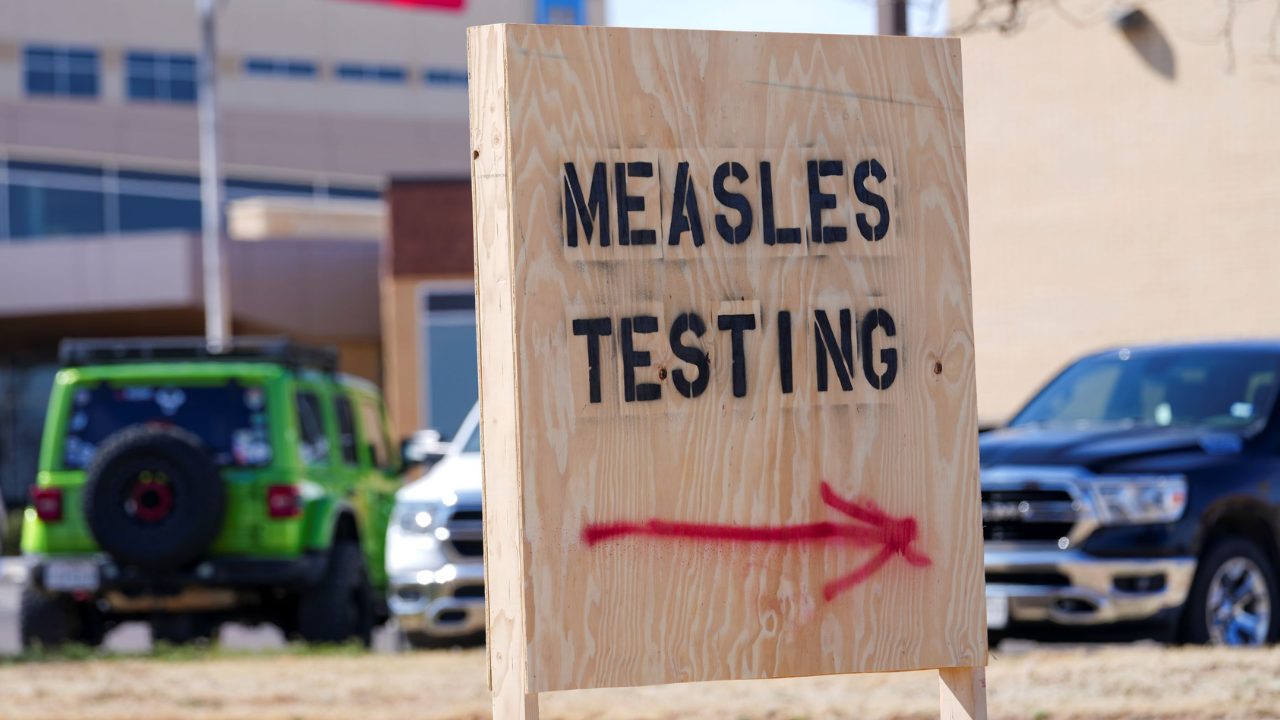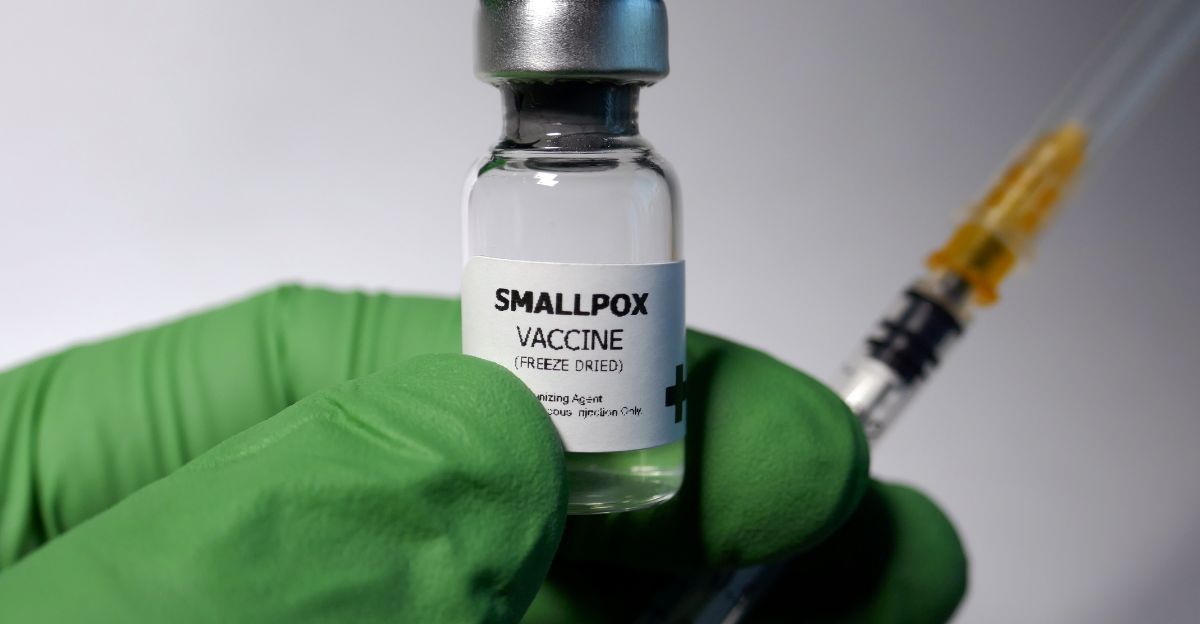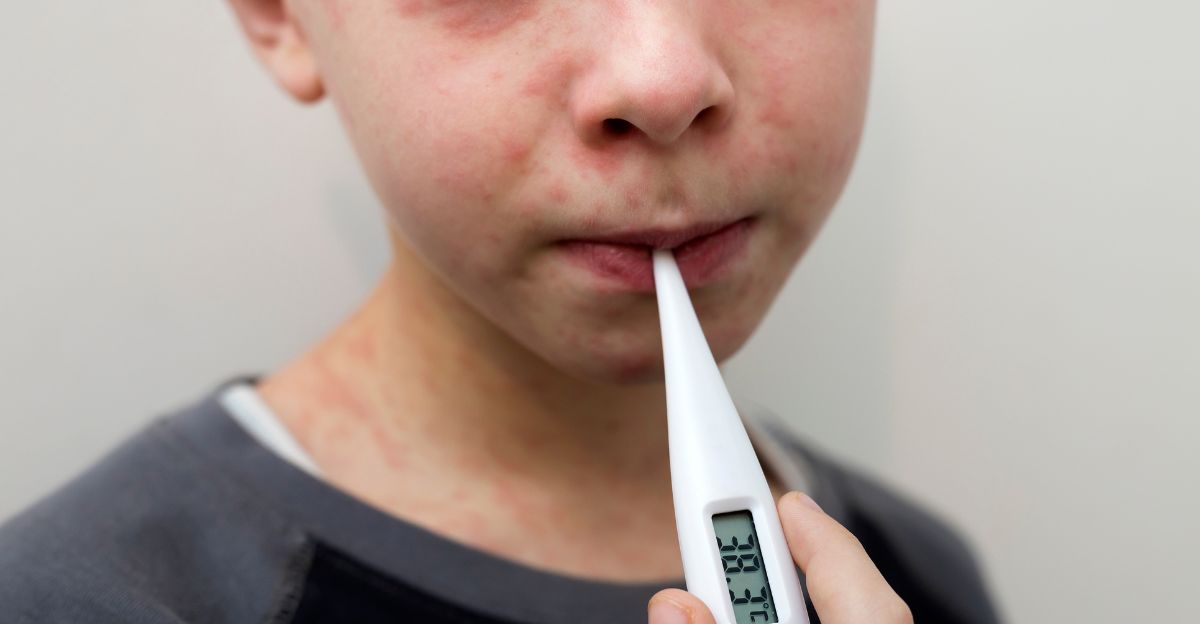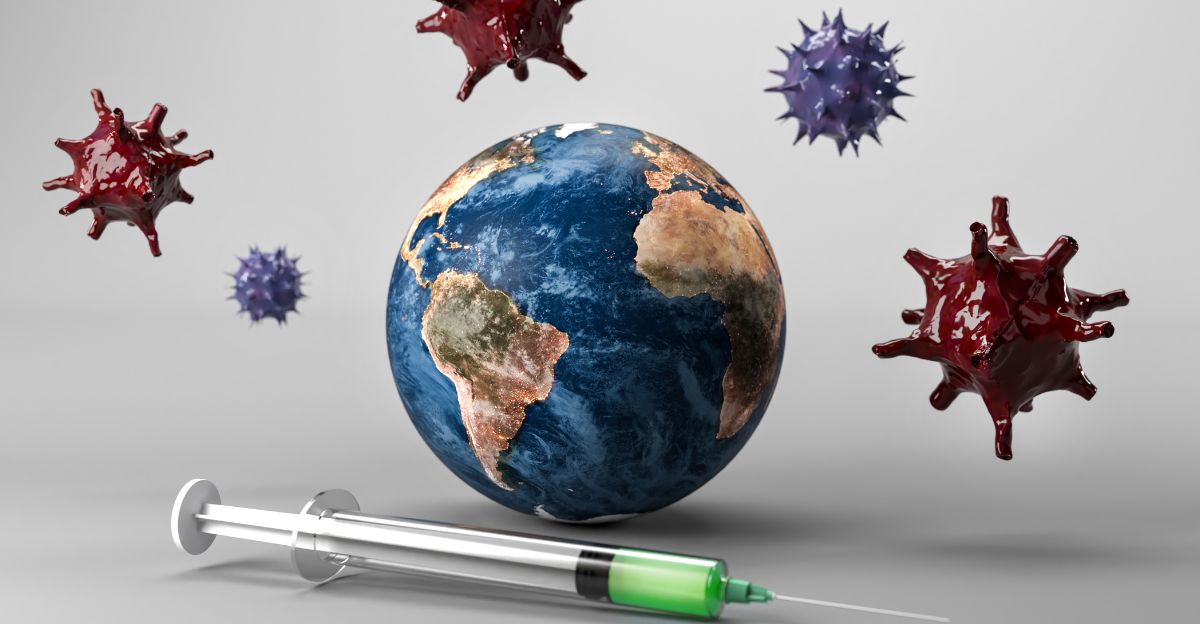
In November 2025, North America was jolted by a dramatic resurgence of measles, a disease once thought to be on the brink of elimination. More than 12,500 cases were reported across Canada, the United States, and Mexico, with Canada losing its measles-free status for the first time in years. Health authorities across the continent scrambled to contain the outbreak, raising urgent questions about declining vaccination rates and the fragility of disease control systems in the region.
A Region in Crisis
The Americas saw a 30-fold increase in measles cases compared to the previous year, with 12,593 confirmed infections across ten countries by early November. The vast majority—95 percent—were concentrated in Canada, Mexico, and the United States. Mexico reported the highest death toll, with 23 fatalities, most of them in the state of Chihuahua. The United States experienced its worst measles outbreak in 33 years, with 1,681 cases spanning 41 states and three confirmed deaths, including two young children in Texas. Canada, with over 5,100 cases, became the first country in the Americas to lose its elimination status since the COVID-19 pandemic.
The outbreak’s rapid spread underscored the vulnerability of communities with low vaccination coverage. In Mexico, indigenous populations bore the brunt of the crisis, highlighting persistent health disparities and gaps in immunization access. Rural and border regions in all three countries faced severe strain on their healthcare systems as they struggled to respond.
Vaccination Gaps Fuel the Surge

The resurgence of measles in North America was directly linked to a collapse in vaccination coverage. In 2024, the Pan American Health Organization (PAHO) region averaged just 79 percent coverage for the measles, mumps, and rubella (MMR) vaccine—well below the 95 percent threshold needed for herd immunity. In the United States, 77 percent of counties reported declines in vaccination rates since 2019, affecting more than 2,300 counties nationwide. This widespread erosion of immunization left roughly one in five children in the Americas unprotected against measles, the world’s most contagious virus.
The consequences were swift and severe. Measles, with its high basic reproduction number (R0) of 12 to 18, spreads rapidly in unvaccinated populations. Viral particles can linger in the air for up to two hours after an infected person leaves, creating invisible zones of transmission in schools, hospitals, and public spaces. In Canada alone, the 5,138 reported cases could have exposed as many as 90,000 people if containment measures had not been enacted.
Vulnerable Populations and Tragic Losses

The outbreak’s toll was especially harsh on vulnerable groups. In Canada, two preterm infants died after contracting measles in utero, underscoring the virus’s ability to cross maternal barriers and cause fatal congenital infections. Unvaccinated pregnant women face heightened risks of miscarriage and preterm birth if exposed to measles, making community-wide immunity critical for protecting those who cannot be vaccinated.
In Texas, the deaths of two unvaccinated girls marked the first pediatric measles fatalities in the United States in over a decade. These tragedies galvanized public health responses but also highlighted the consequences of declining vaccination rates, particularly in regions with persistent vaccine hesitancy or limited healthcare access.
A Race Against Time

The scale and speed of the 2025 outbreak prompted urgent action from health authorities. PAHO warned that both the United States and Mexico face reviews of their measles elimination status in January 2026—a critical deadline for demonstrating control of the disease and restoring high vaccination coverage. Mass immunization campaigns, targeted outreach to vaccine-hesitant communities, and enhanced surveillance efforts were launched across affected regions.
Officials emphasized that the loss of elimination status, while a setback, is reversible with sustained intervention. Restoring public trust in vaccines and raising MMR coverage back to 95 percent or higher are seen as essential steps to regaining control and preventing future outbreaks.
Looking Ahead: Stakes for Global Health

The resurgence of measles in the Americas has shifted the global landscape of infectious disease risk. The region now accounts for 7.5 percent of global measles cases, a dramatic increase that has drawn international scrutiny. The outbreak’s spread across borders and into previously protected communities demonstrates that no region is immune when vaccination rates fall below critical thresholds.
As the January 2026 elimination reviews approach, the Americas face a pivotal moment. The outcome will not only determine the region’s public health standing but also serve as a warning for other parts of the world: vaccine complacency can quickly unravel decades of progress, and only sustained, community-wide immunization can keep highly contagious diseases like measles at bay.